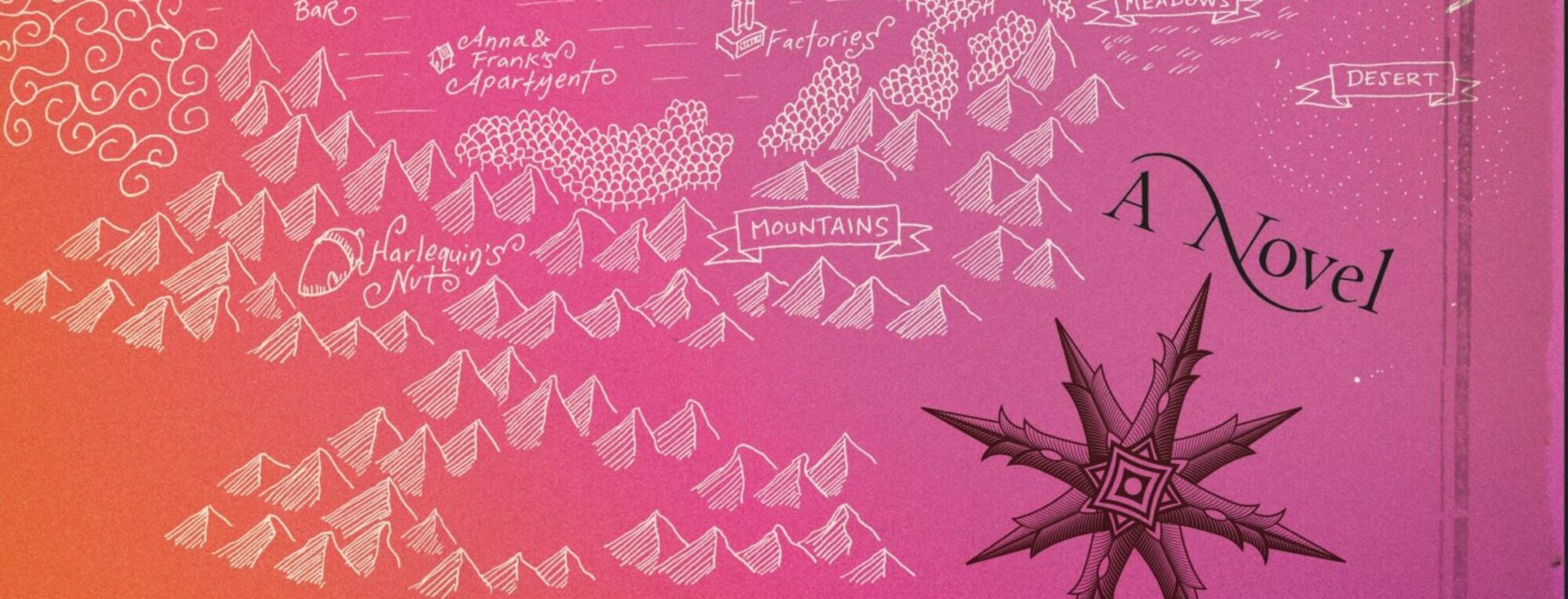
The Bellingham Review has also just published the following short essay by me (published under the title “Tender”) in their fall special issue of creative nonfiction about disability.
I’m on Facebook. Some of my friends are posting their fury, as artists and radicals, about something that’s just happened: A few art students have complained to college administrators about their professor. He’s made them watch, as part of a regular class session, an experimental film he made. It shows, among other things, his erect red penis again and again, at one point going into a woman’s mouth and later, her vagina.
These friends of mine are furious the students have interfered with their professor’s work by complaining. On their pages, commenters condemn students for their “fragile sensibilities” and “fragile feelings,” for how “delicate” they surely are.
Oh reader, I am fragile, I am delicate, in fact I’ve often wanted to write a book entitled Sensitive. Because spectacularly, insatiably, annoyingly, unbearably, I am.
I am not saying that everyone who doesn’t want to have to watch their professor fucking a woman on camera is someone who is Delicate, like me. But I thought I would tell about my own experience.
I am sensitive in almost every way a person can be. And most of my sensitivities come from disabilities. I have a couple different ones of those (physical, psychic), but the disability that has made me the most sensitive of all, the tenderest, perhaps the choicest meat to the touch, is the abuse and neglect I experienced as a child.
But the tender meat is tickled all day, and sometimes it’s// unbearable
“Grow up,” says one Friend of a Friend, and others echo, “Yup, they should grow up.” A woman comments, “One would hope that they’re mature enough to care of themselves and leave.”
None of us has read the students’ complaints because they are not public, so we don’t know what they told administrators about being made to watch the film. But a man mocks them for having what he writes in capitals as “Triggers. Oof.”
Oof. I am able to be triggered, yes indeed, and definitely not always able to take care of myself in a situation of harm and just leave.
About that last bit, no human being is in fact so powerful that we are always able to remove ourselves from what we can’t endure.
My friends’ 5000 fans condemn the students’ “latent puritanism,” their “learned helplessness,” their “censorship, punishment, and scapegoating.” Says a man, “The conflation of discomfort and harm is a truly bizarre phenomenon that I believe can be attributed to a vocal minority of bourgeois, sheltered millennials.”
To read the piece on their site and see the other work in their special issue on disability, click here.

